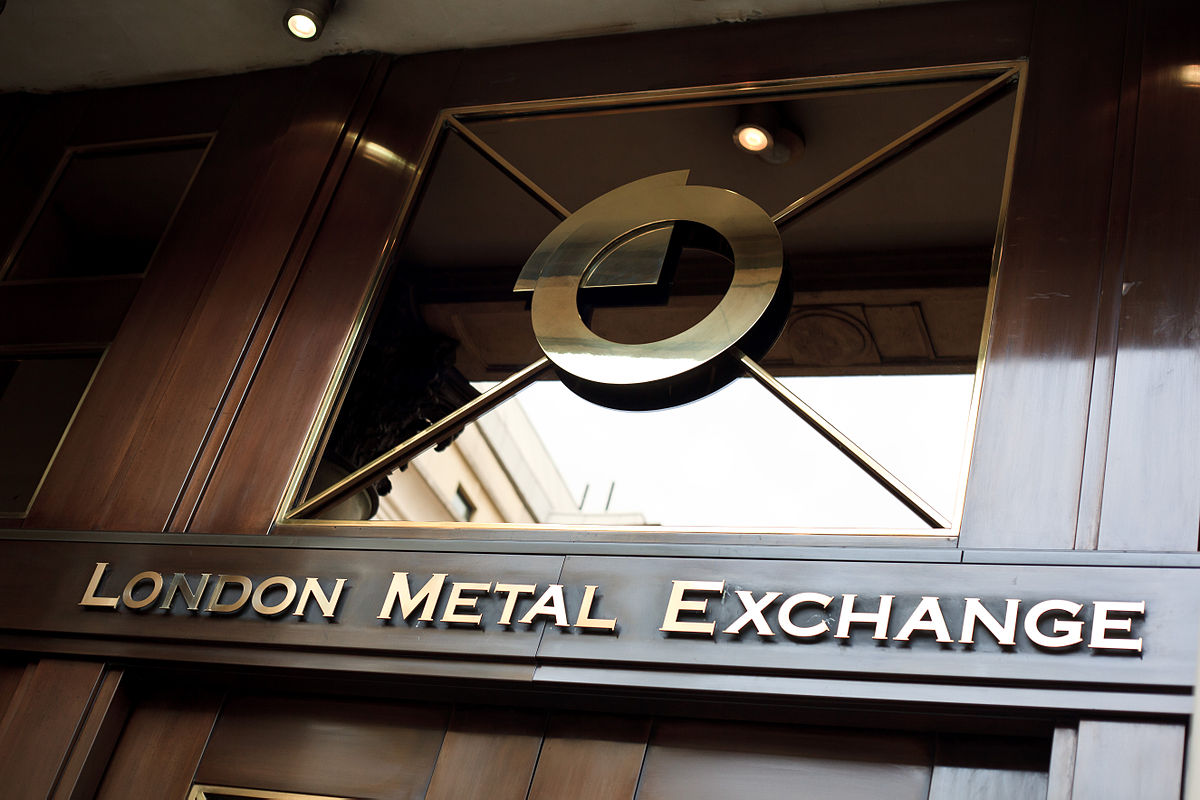Most near-term ferrous scrap futures contracts on the London Metal Exchange saw sharp falls over the week to April 28, while trading volumes increased.
The April contract was up $1/mt week on week by Platts to $620.50/mt on April 28, S&P Global Commodity Insights data showed, but the May contract fell $50/mt to $540/mt while June was down $52.50/mt to $527.50/mt and July dropped $30.50/mt to $519.50/mt.
The backwardated structure over April-June strengthened, suggesting players continued to expect physical prices to soften in the near term.
The backwardation over June-July softened, meanwhile, suggesting expectations of weakening physical prices into the summer months were slightly less firm.
Spot prices for physical imports of premium heavy melting scrap 1/2 (80:20) dropped $55/mt week on week to $560/mt CFR Turkey on April 28, as most mills continued to hold back from buying, hoping for lower prices.
“All scrap recyclers have offers, and all scrap price levels are possible soon, even $500/mt CFR and below, but mills do not want to buy now,” a Turkish mill source said.
“Mills are trying to focus on finished steel sales but there is no action and it is difficult to sell in the domestic and export markets ahead of the [Eid al-Fitr] holidays.”
LME scrap futures trading volumes over the week to April 28 totaled 49,570 mt, up from 12,450 mt in the previous week, which was shorter due to Easter holidays. The volume was the highest since week ending March 31.
Rebar
Most near-term rebar futures contracts also saw big falls over the week to April 28. Platts assessed the April contract up $1/mt on week at $940.50/mt. The May contract fell $29.50/mt to $840/mt, while the June contract lost $33/mt to $825.50/mt. The July contract dropped $28/mt to $820.50/mt.
The backwardation over the April-June portion of the forward curve continued to strengthen, suggesting futures traders still expected prices to soften in the near term. The backwardated structure over the June-July portion of the curve softened.
Turkish physical rebar export prices fell $30/mt week on week to $897.50/mt FOB on April 28, as poor demand in the export as well as domestic markets ahead of the Eid al-Fitr holidays kept pressure on prices. Eid holidays were expected to begin on May 2.
Most European buyers held back after the safeguard import quota for Turkish rebar for April-June was exhausted.
However, Turkish export rebar prices were still considered workable into the EU with a 25% safeguard duty given high domestic EU prices. Turkish mills, therefore, maintained elevated prices for the European market, leading to a clear disconnect between expected tradable levels between EU and non-EU markets.
One trading source indicated higher workable levels for Turkish rebar in Europe compared to other export destinations.
“But no deals from anywhere as everyone is waiting and seeing. Also, with the new cancellation of Ukrainian antidumping duties for EU, some cheap stock material should enter Europe from Ukraine,” he said.
Rebar futures weekly trading volumes in the week on the London Metal Exchange totaled 8,170 mt on April 28, up from 630 mt the previous week to the highest since the week ending March 31.
The daily outright spread between Turkish export rebar and import scrap was assessed at $337.50/mt on April 28, up $25/mt week on week.
Elsewhere, Indian scrap futures, which settles basis the Platts CFR Nhava Sheva shredded scrap assessment, traded 300 mt by April 28. The contract has seen a total volume of 4,680 mt traded since its launch in July 2021.
— Rabia Arif, Viral Shah






